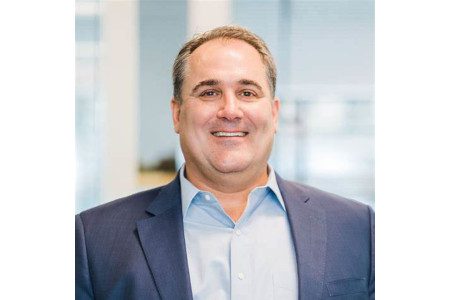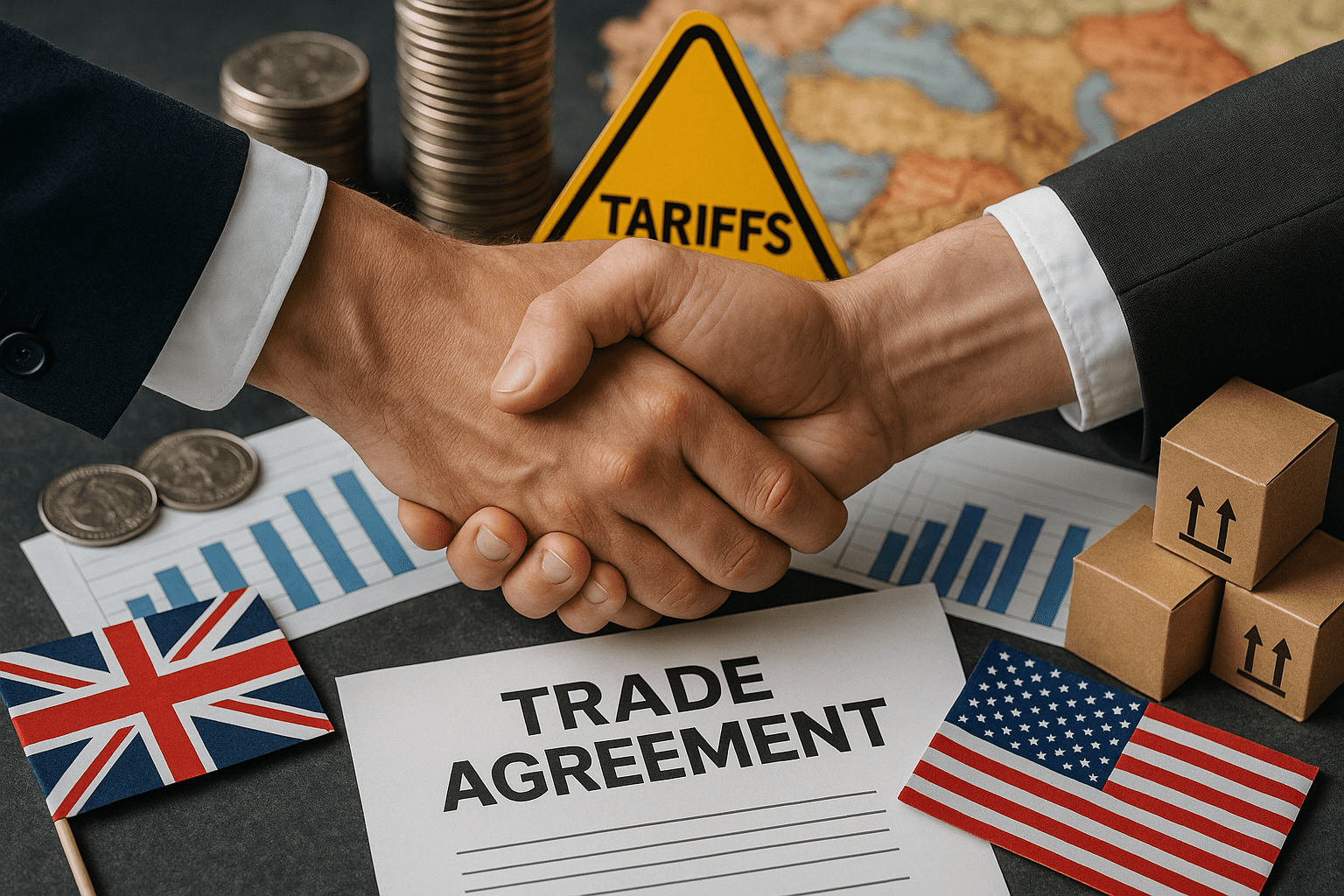Saif Al Mazrouei, Head of Ports Cluster, Abu Dhabi Ports talks to ITM about the disruption from Covid-19, sustainability and the future of smart shipping
How do you think the industry has tackled the Covid-19 crisis, and has it impacted your organisation?
While disruption has been felt across the global maritime and logistics industries, the events of 2020 have accelerated efforts to embrace digitalisation. There has been increased interest within the industry for leading-edge technology like artificial intelligence, Big Data, and other digital solutions that enable agility and unlock new levels of efficiency in operations and across the entire value chain.
Over the past year, Abu Dhabi Ports has not only helped accelerate the digital transformation within the emirate via our digital arm, Maqta Gateway, which ensured trade in Abu Dhabi continued to flourish unhindered, but we also advanced the development of critical infrastructure in support of national efforts to combat the impact of COVID-19.
This included the development of advanced storage facilities for housing cold-sensitive cargo, such as vaccines and food supplies.
Abu Dhabi Ports is also playing a vital role in the global fight against COVID-19 as a member of the Hope Consortium, a UAE-based public-private partnership that is facilitating the distribution of COVID-19 vaccines across the world. We are supporting the Consortium with one of the largest cold and ultra-cold storage facilities in the region and beyond. Our 19,000 square metre facility, which is based in the Khalifa Industrial Zone Abu Dhabi (KIZAD) is capable of storing over 120 million vaccines, at any point in time, at temperatures of +8 °C all the way to -80 °C. This allows the Consortium’s supply chain to accommodate vaccines of any type in current and future production, and deliver these quickly, transparently and safely.
Our extensive storage capacity, along with Abu Dhabi’s strategic capability to reach two-thirds of the global population within a four-hour flight, allows the facility to serve as a distribution hub for vaccine deliveries to MENA, Africa and Asia, and align its supply and resupply schedule according to counties’ ability to absorb the deliveries safely.
Maqta Gateway is playing a major role within the effort by providing the Consortium with mUnity, an innovative digital blockchain-enabled supply chain solution. mUnity tracks and manages the journey of vaccines through the supply chain, from the point of production to the point of immunisation, ensuring that all vaccines are delivered at the right time and in the right storage environment. Together with our partners, we are building capacity to deliver 18 billion vaccine doses to ensure mass and broad distribution to all those in need and turn the tide against the pandemic.
Sustainability is a growing demand in ports and ocean freight, how is Abu Dhabi Ports helping?
As an organisation dedicated to sustainability and the preservation of the environment, Abu Dhabi Ports has fostered a robust sustainability strategy that aims to balance the commercial, environmental, and social dimensions of our development that fall in line with the directives set forth by the United Nations Sustainable Development Goals (SDGs) 2030.
Currently, we maintain a stringent air and water quality monitoring programme across our maritime facilities that ensures our carbon targets are met. We also treat the bulk of our wastewater (80 percent) and share it with our tenants in our industrial and commercial zones for reuse in production and manufacturing.
Across our marine facilities, we have implemented a cold ironing process, an efficient pollution control measure where vessels turn off their diesel engines while in port and rely on electricity supplied from an onshore source. This has helped reduce CO2 emissions dramatically since its implementation.
At the start of 2021, we announced the start of a major coral relocation and conservation project in the waters surrounding Khalifa Port, our flagship, deep-water port.
Working in close collaboration with the Environment Agency – Abu Dhabi (EAD), Khalifa Port’s coral relocation project comprises several mitigation measures aimed at lessening the environmental impact from dredging, while also reclaiming waters that separate the offshore port’s breakwater.
Where do you see smart technology being used in the future landscape of ports?
While the global maritime industry has been slow to embrace digitalisation, it has become quickly apparent to many in the industry that smart technology is an essential driver of sustainable development, particularly within the port environment.
Abu Dhabi Ports has a long track record in delivering industry-leading innovations that have optimised industrial and logistics operations, such as its “Hot Metal Road” that runs through Khalifa Industrial Zone Abu Dhabi (KIZAD).
Abu Dhabi Ports has a growing list of proprietary innovations and proof of concepts related to smart containerised data centres, real-time technology, autonomous technology, robotics and AI, in addition to efficient and sustainable energy solutions that are “coming of age” in this COVID-19-era of business continuity.
How are your ports contributing to critical and maritime infrastructure and the movement towards smart cities?
We are proud to say that we hold the distinction of operating the first semi-automated container port in the GCC. Since its founding in 2012, Khalifa Port has continued to expand both in scope and size and has become one of the world’s most successful and fastest-growing ports.
Over the past two years, the deep-water port has undergone extensive expansion, increasing not only the capacity and capabilities needed to meet future demand but to ensure world-class levels of operational performance and increase opportunities to facilitate trade.
These improvements include deepening and widening of approach channels — 18.5 metres and 280 metres, respectively — to accommodate Capesize vessels, as well as improvements to infrastructure and superstructure including additional ship-to-shore cranes, taking the total number to 33.
Furthermore, the development of Khalifa Port Logistics and South Quay is significantly increasing capacity.
The South Quay area comprises a three km quay-wall with 18.5 metres along-side draft for general cargo, ro-ro and bulk usage and will include eight berths and 1.3 million square metres of terminal yard.
The development is on track with a total of 1600 metres of quay wall, comprising of five berths and approximately 230,000 sqm terminal yard now operational with remainder of the quay and yard areas due for completion by Q4 2021.
The Khalifa Logistics expansion, for multi-purpose usage, encompasses a 3.1km quay wall with 8-16 metre draft, 15 berths and land plots which can be tailored to individual customers. 800 metres of new quay wall and almost 175,000 sqm of land within Khalifa Port Logistics has already been released ahead of the phase one completion in Q1 2021.
In terms of our contributions towards a smarter society powered by innovation, Abu Dhabi Ports has worked diligently to support the digitalisation of the region’s supply chain. Through our digital arm, Maqta Gateway, we unveiled the Advanced Trade and Logistics Platform (ATLP) in 2020.
Developed under the supervision of the Abu Dhabi Department of Economic Development (ADDED), ATLP is a fully integrated solution for Abu Dhabi’s trade and logistic activities within a single window interface that unifies services across sea, land, air, industrial, and free zones.
To stay up to date on the latest, trends, innovations, people news and company updates within the global trade and logistics market please register to receive our newsletter here.
Media contact
Rebecca Morpeth Spayne,
Editor, International Trade Magazine
Tel: +44 (0) 1622 823 922
Email: editor@intrademagazine.com





